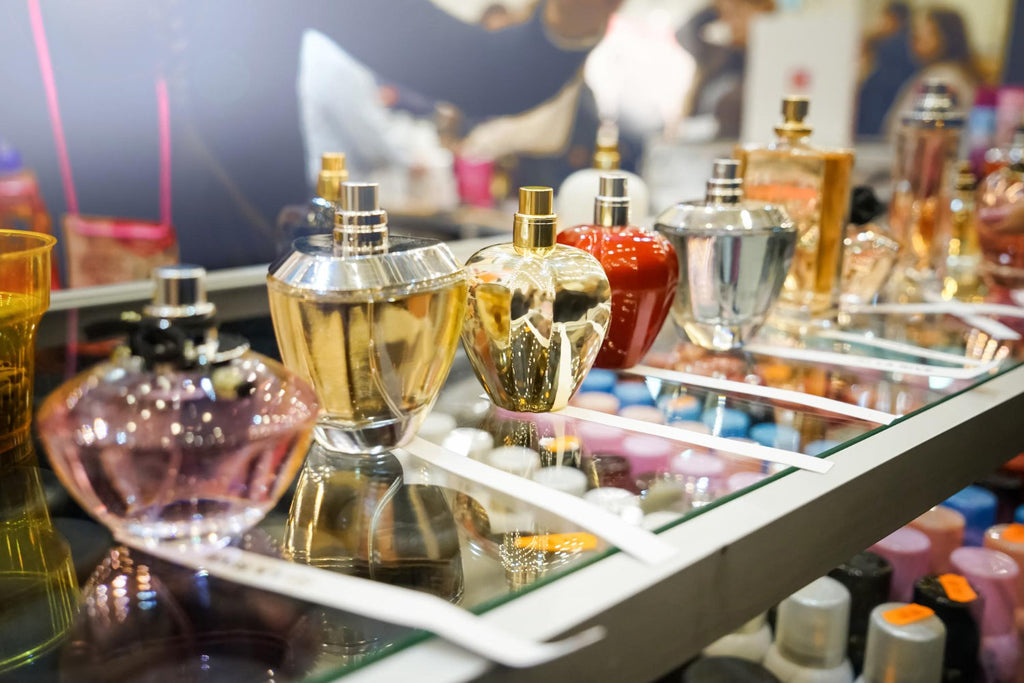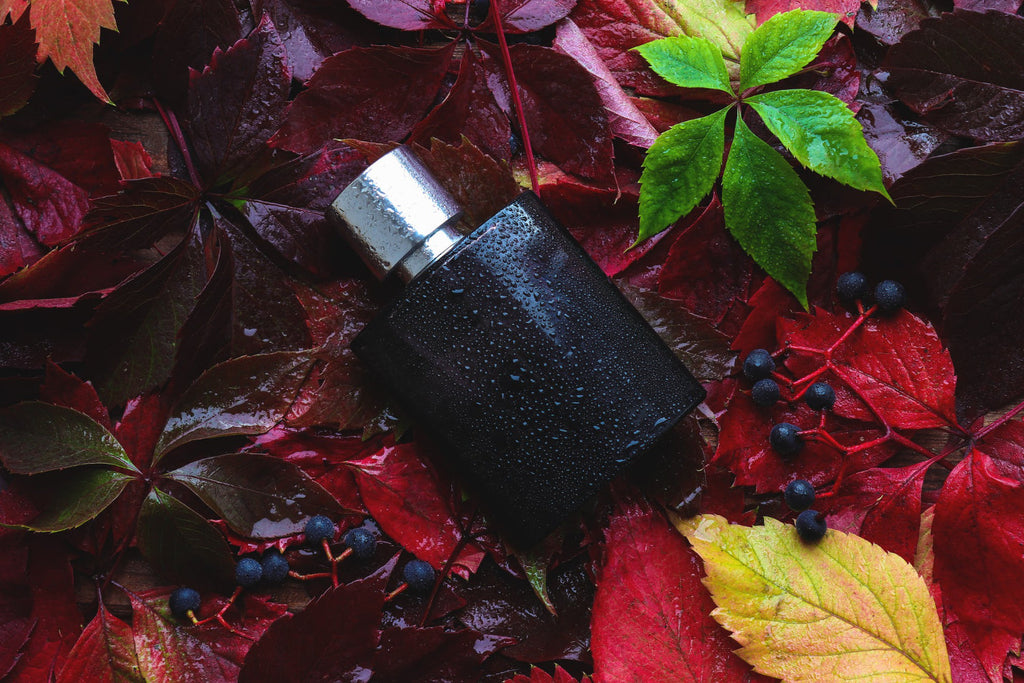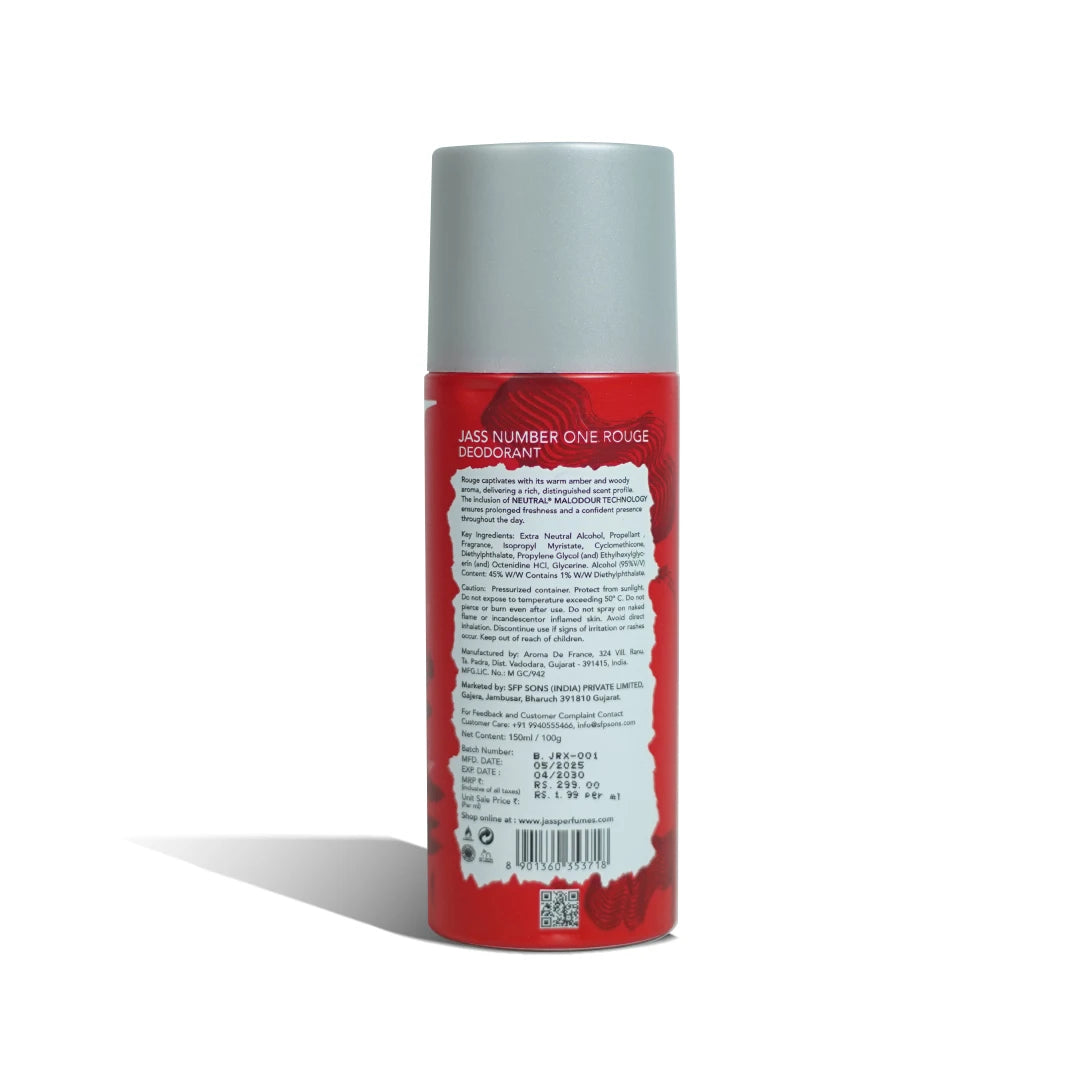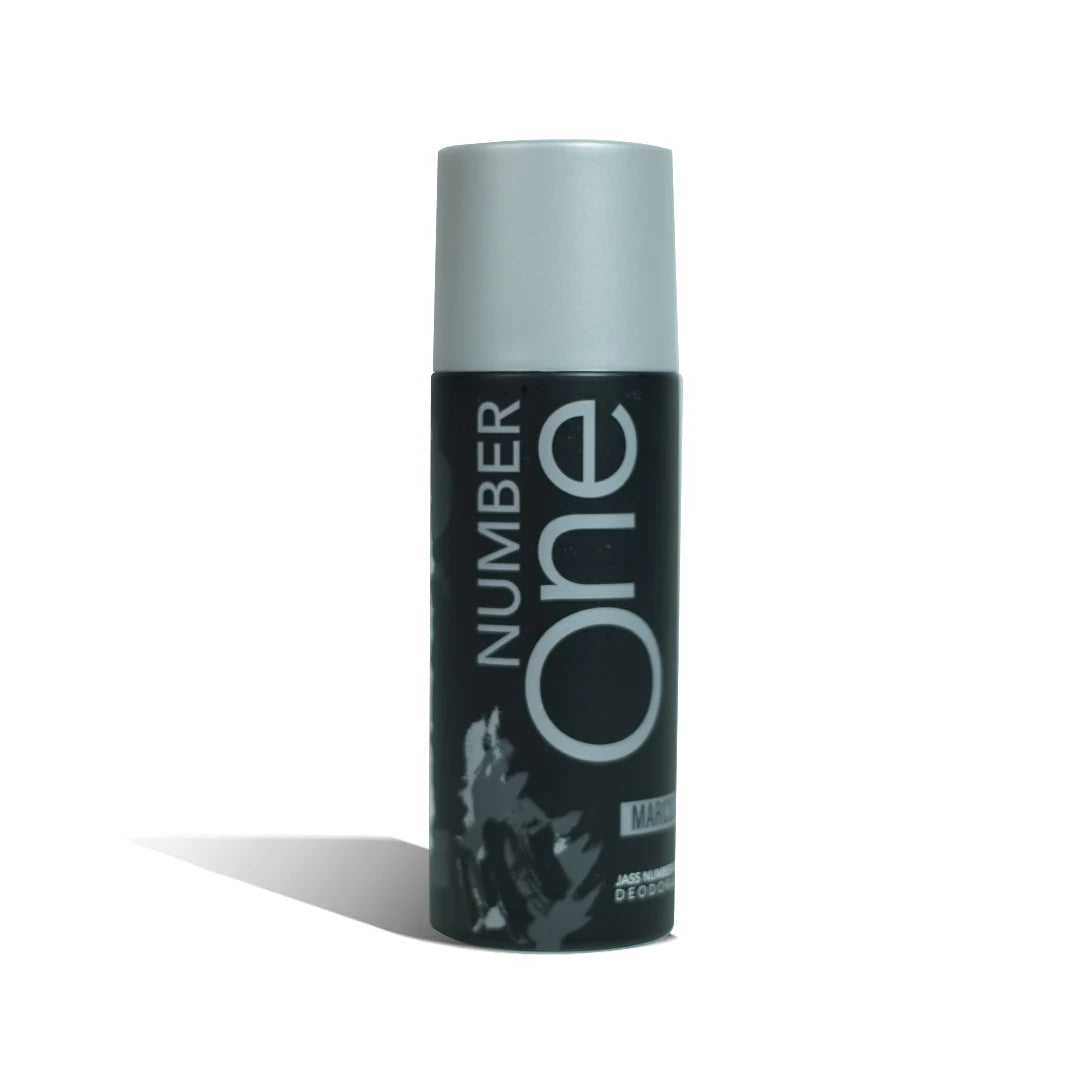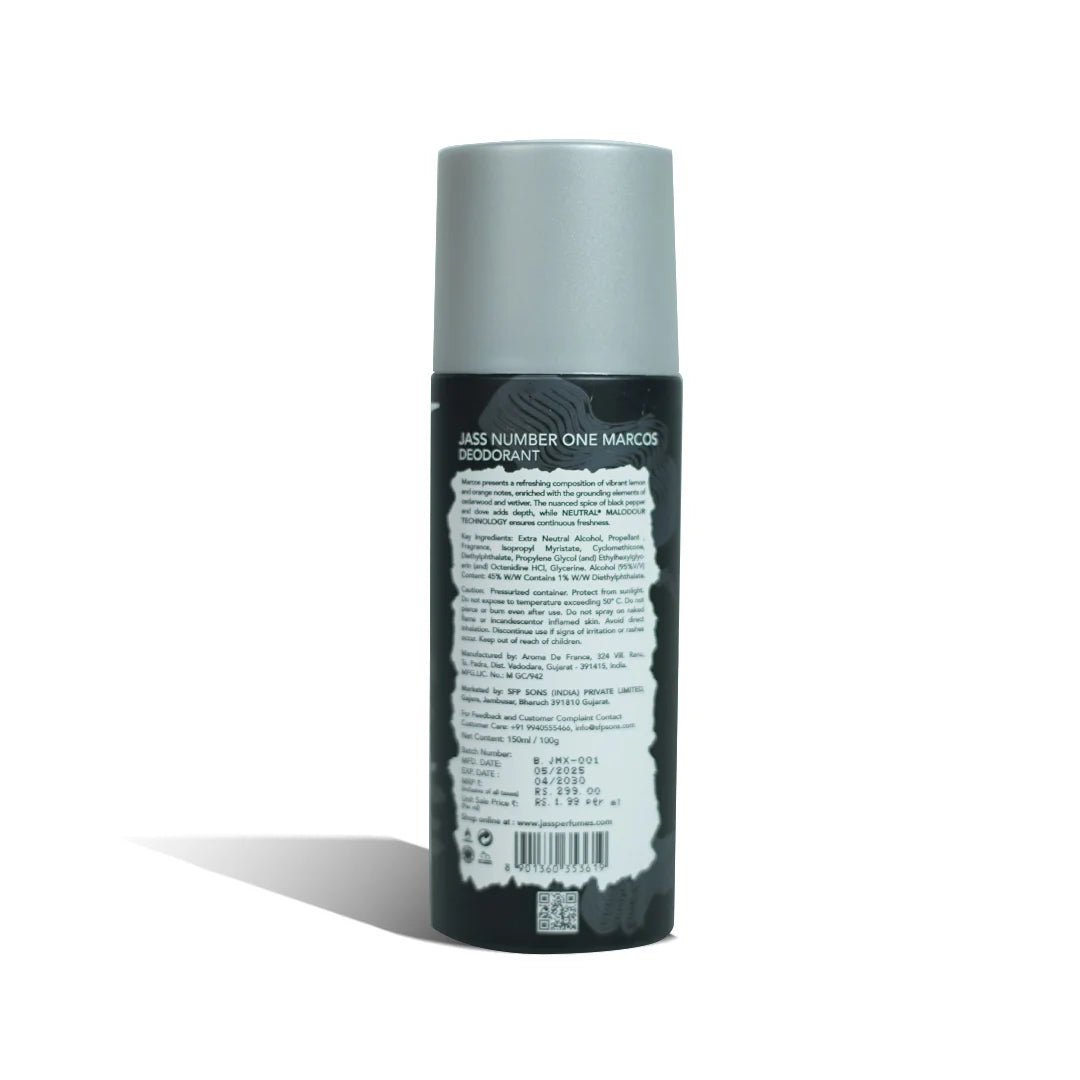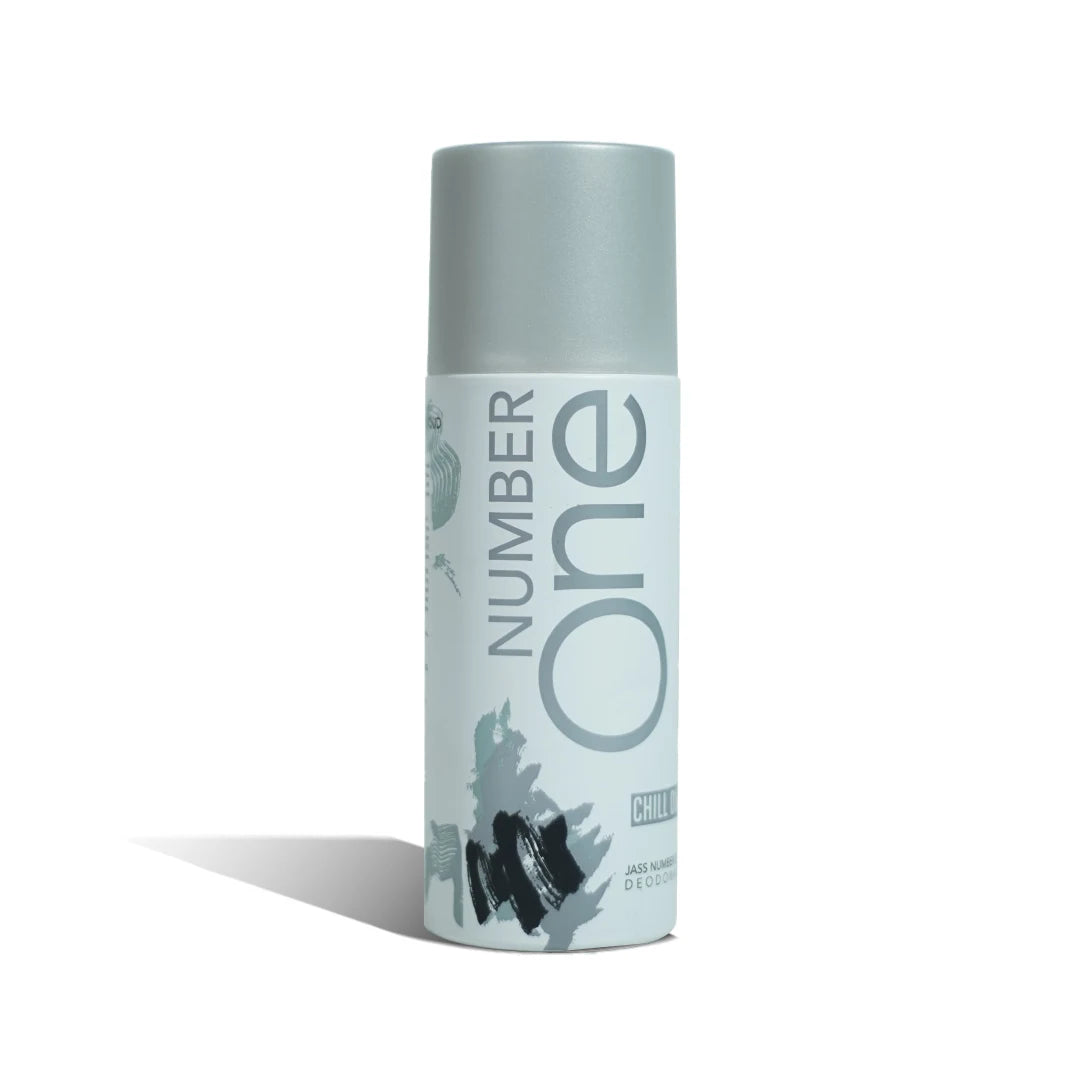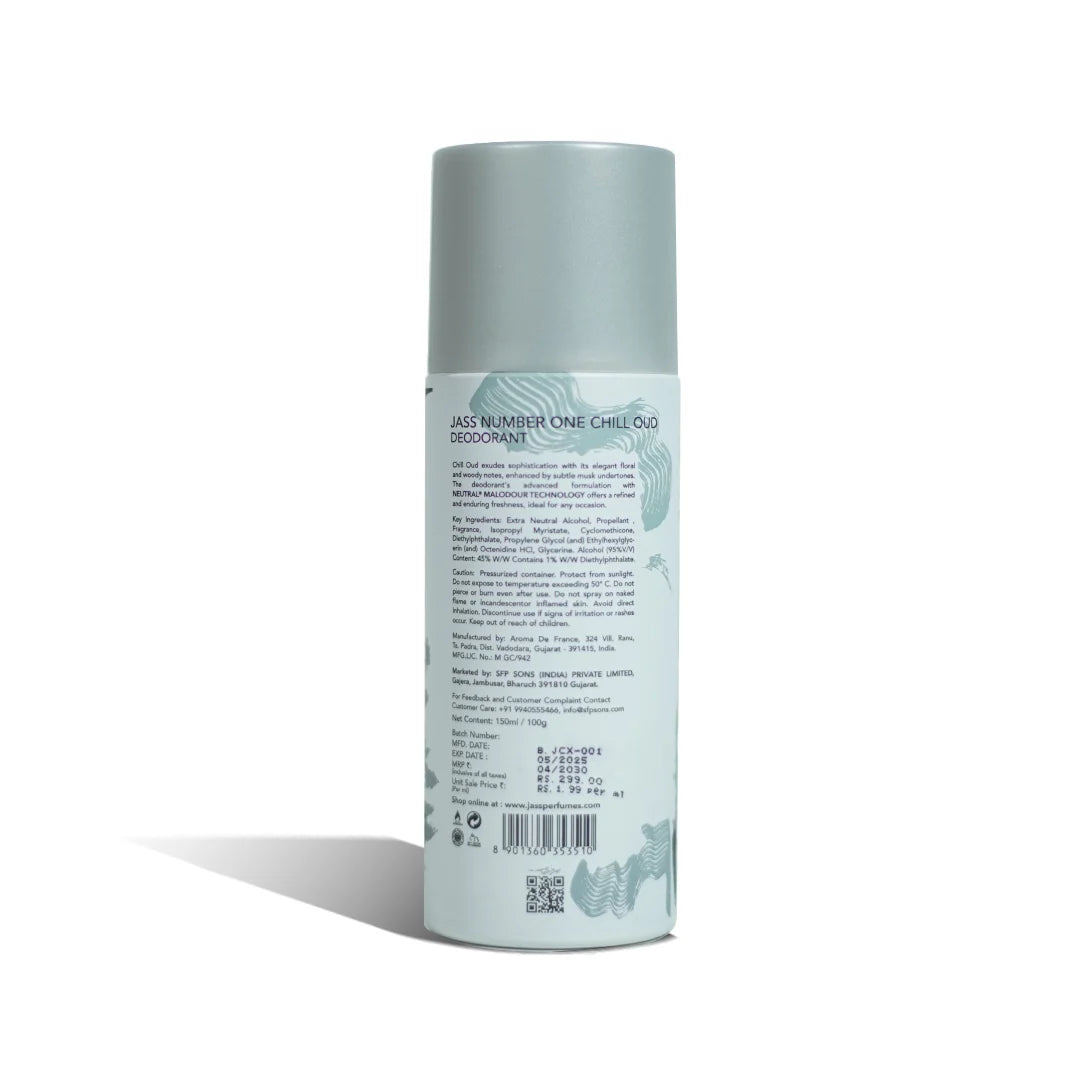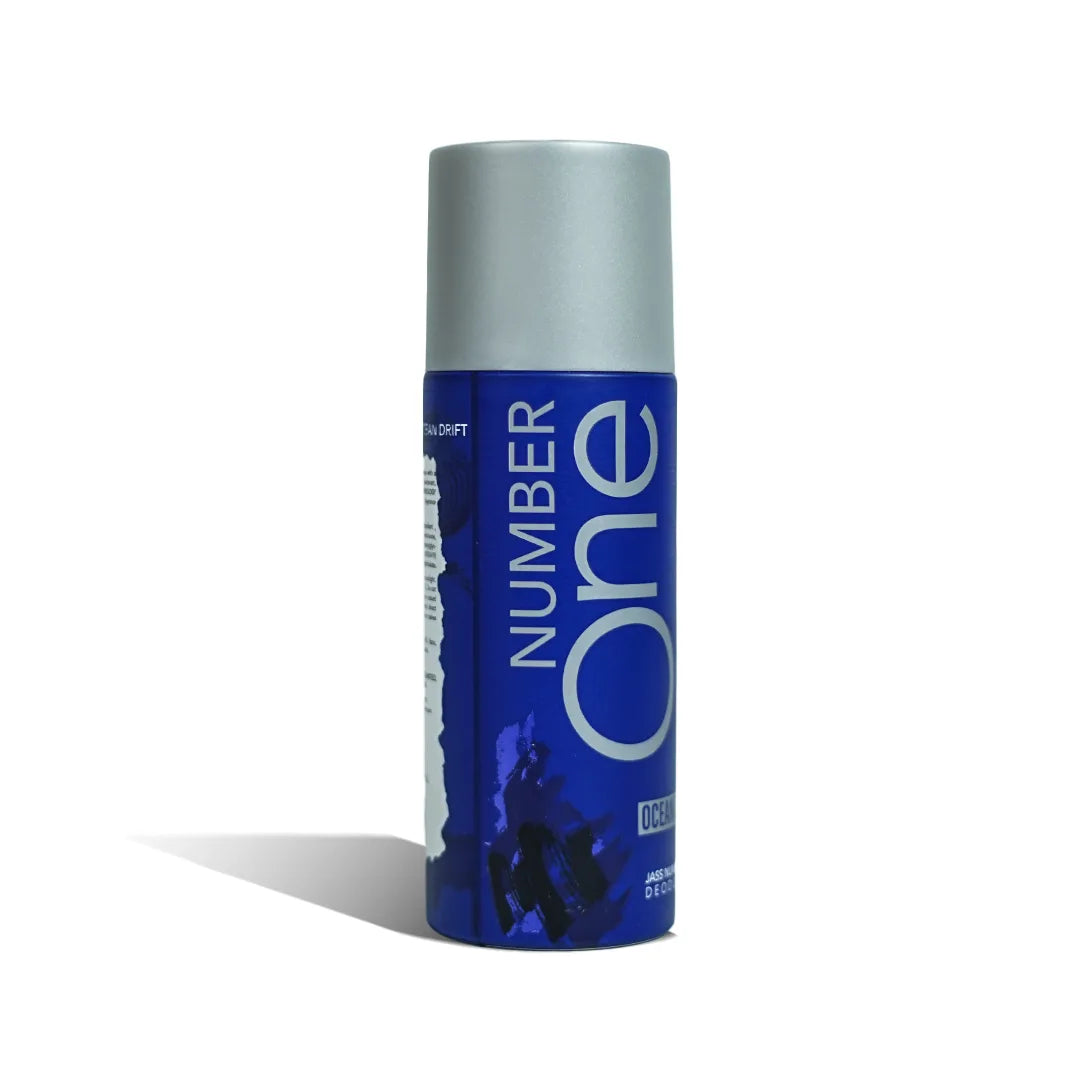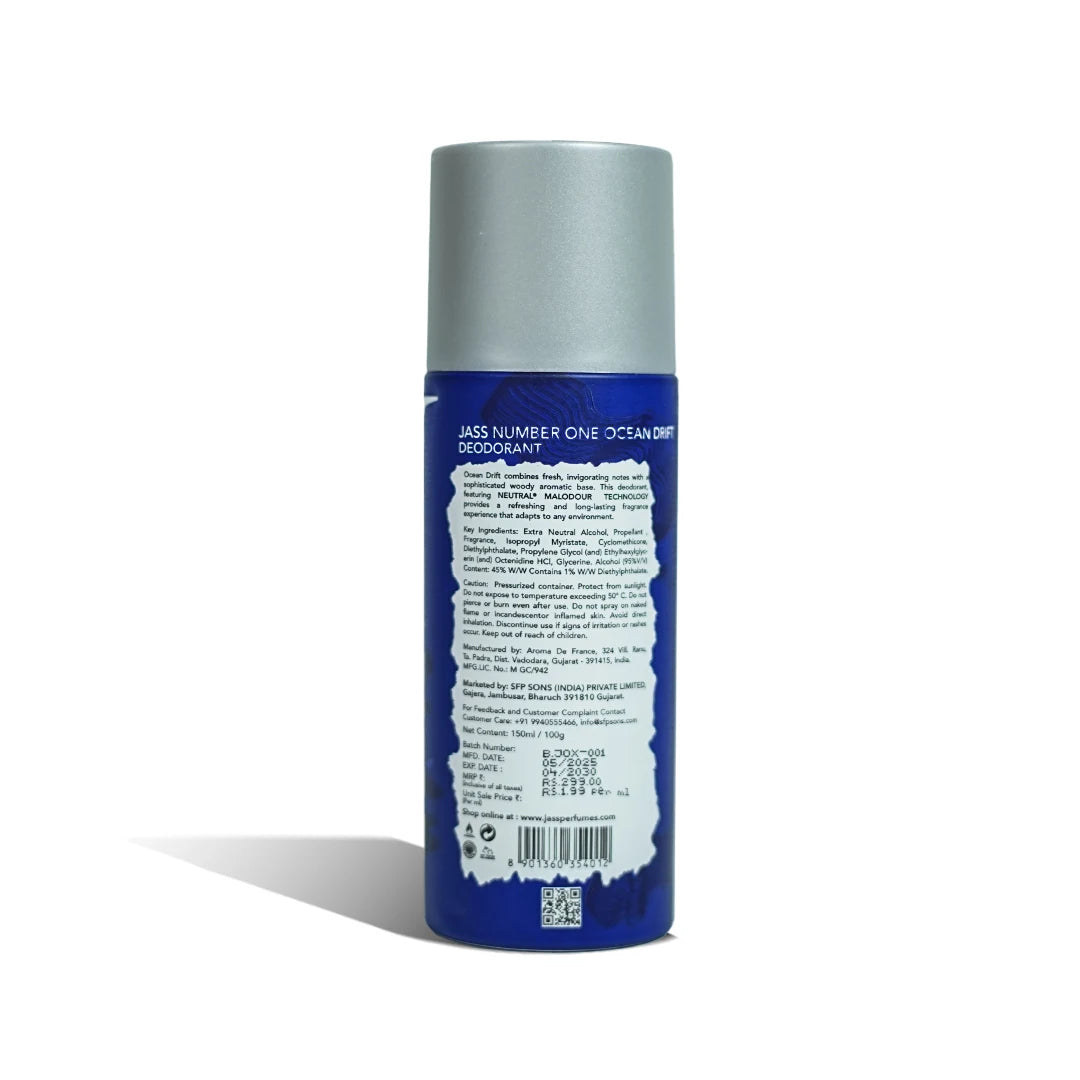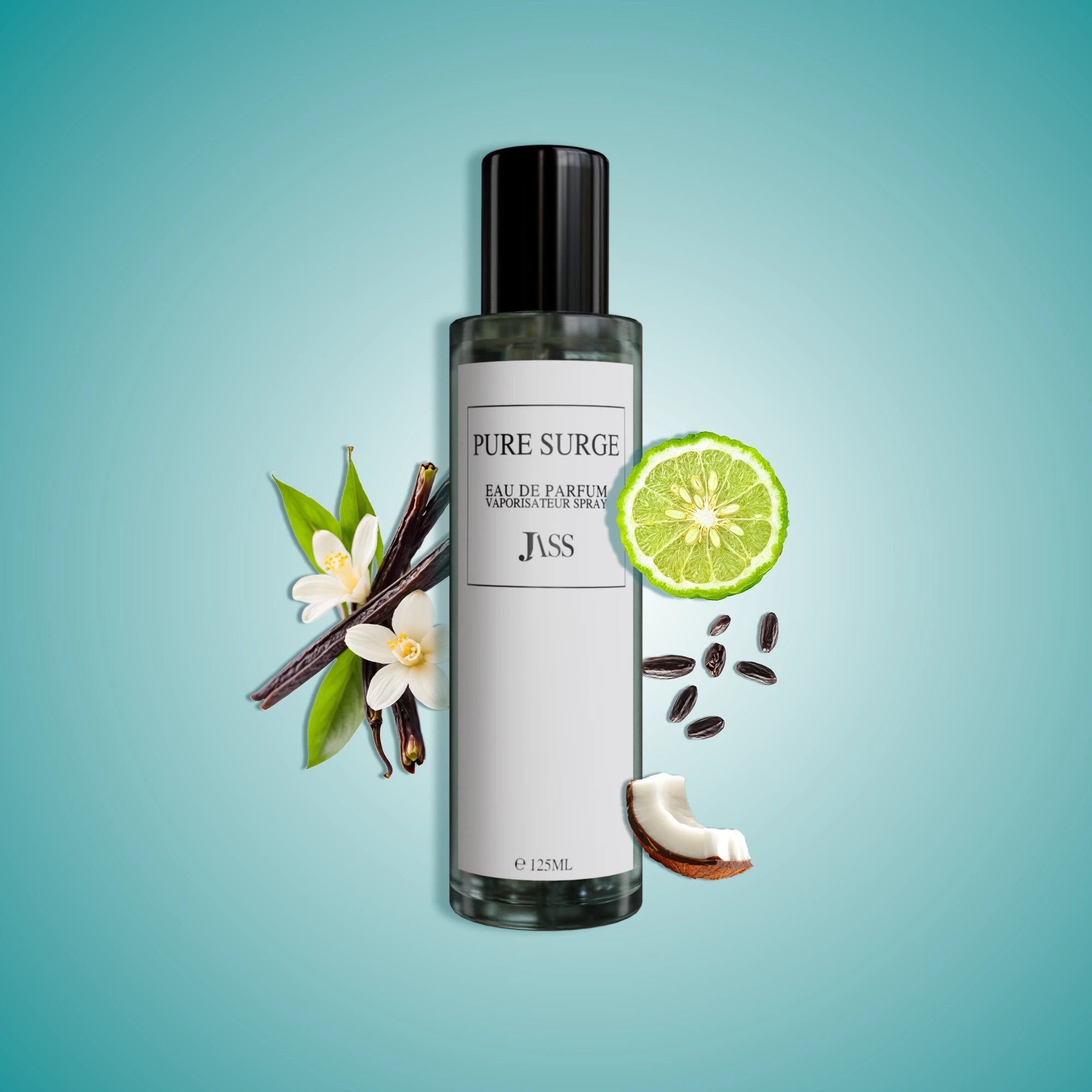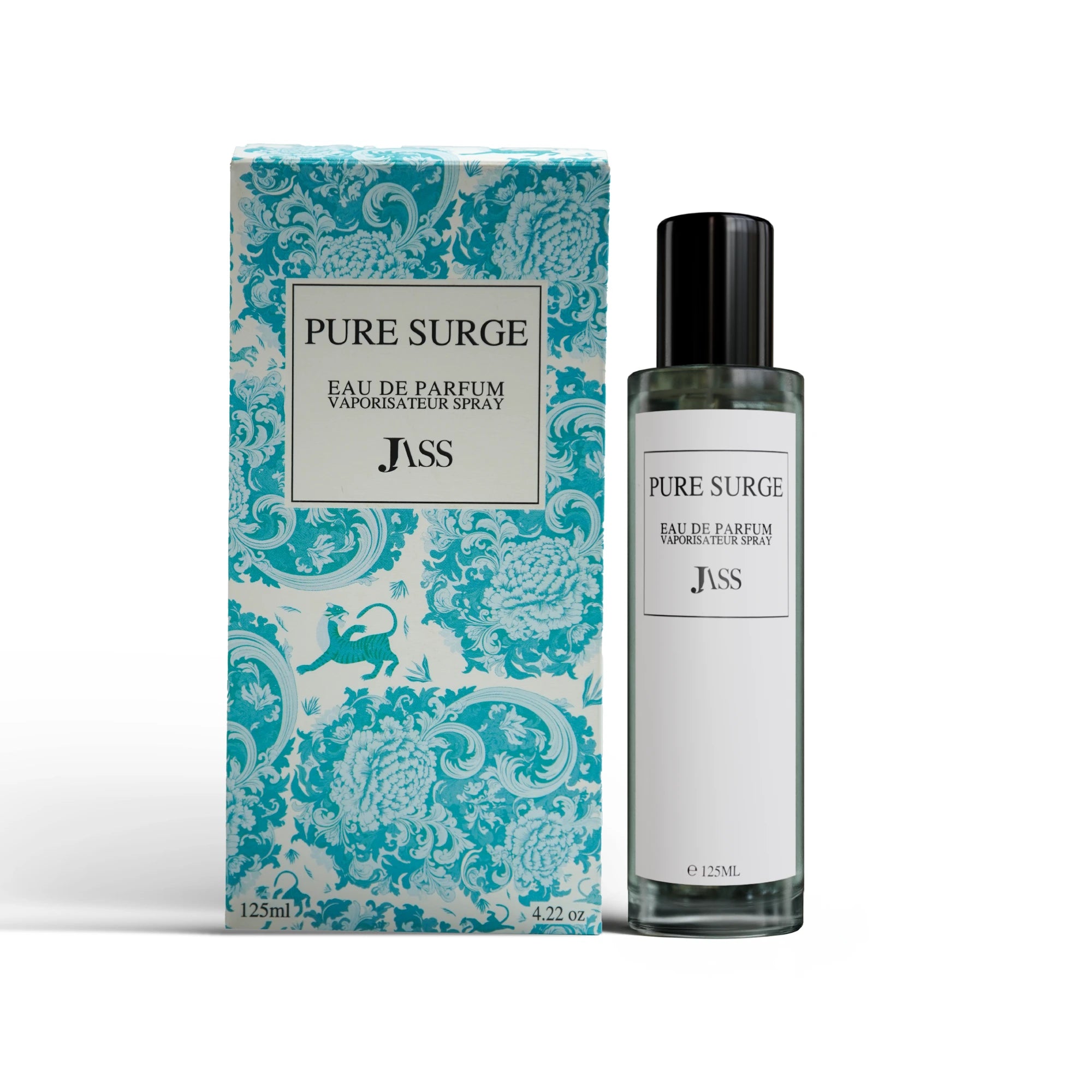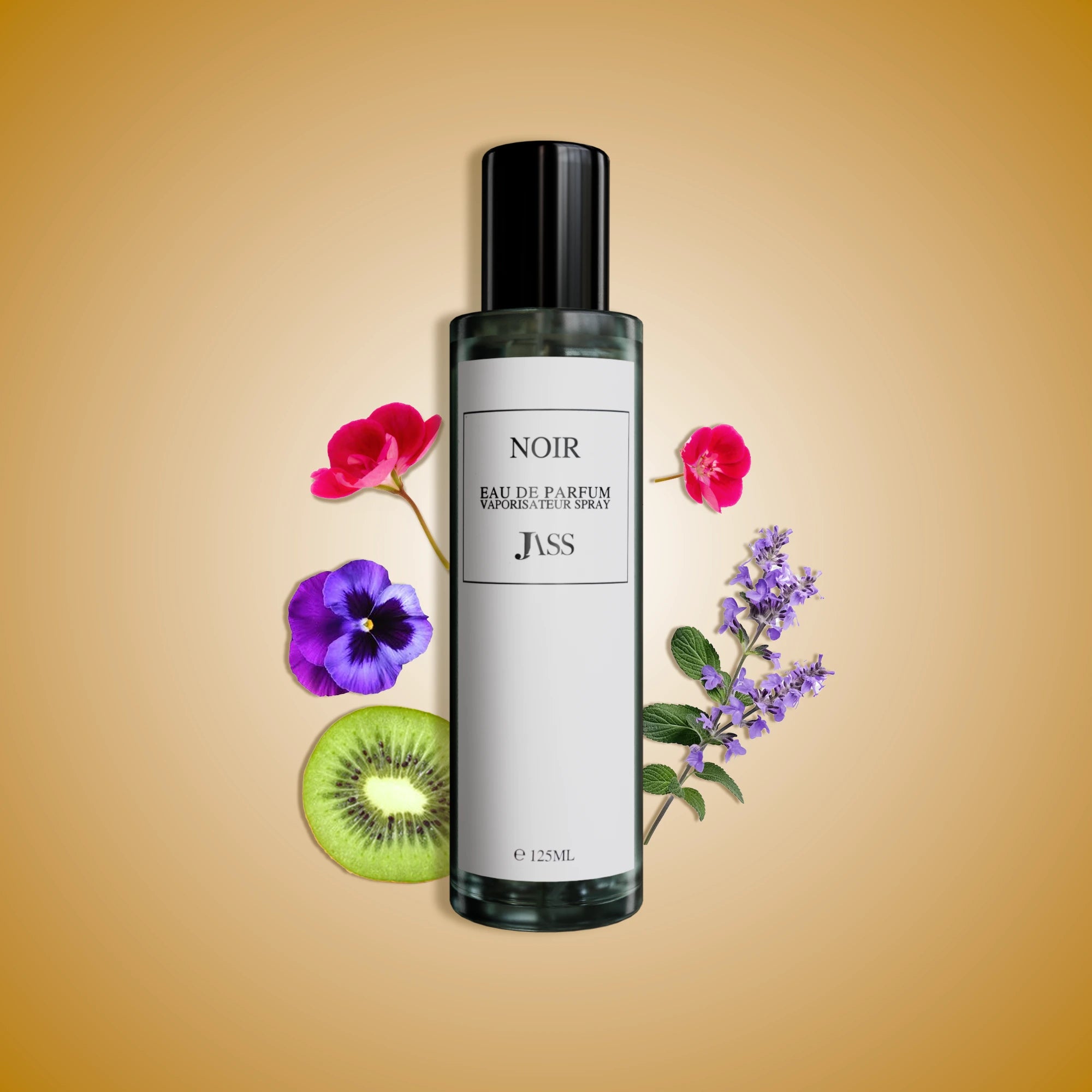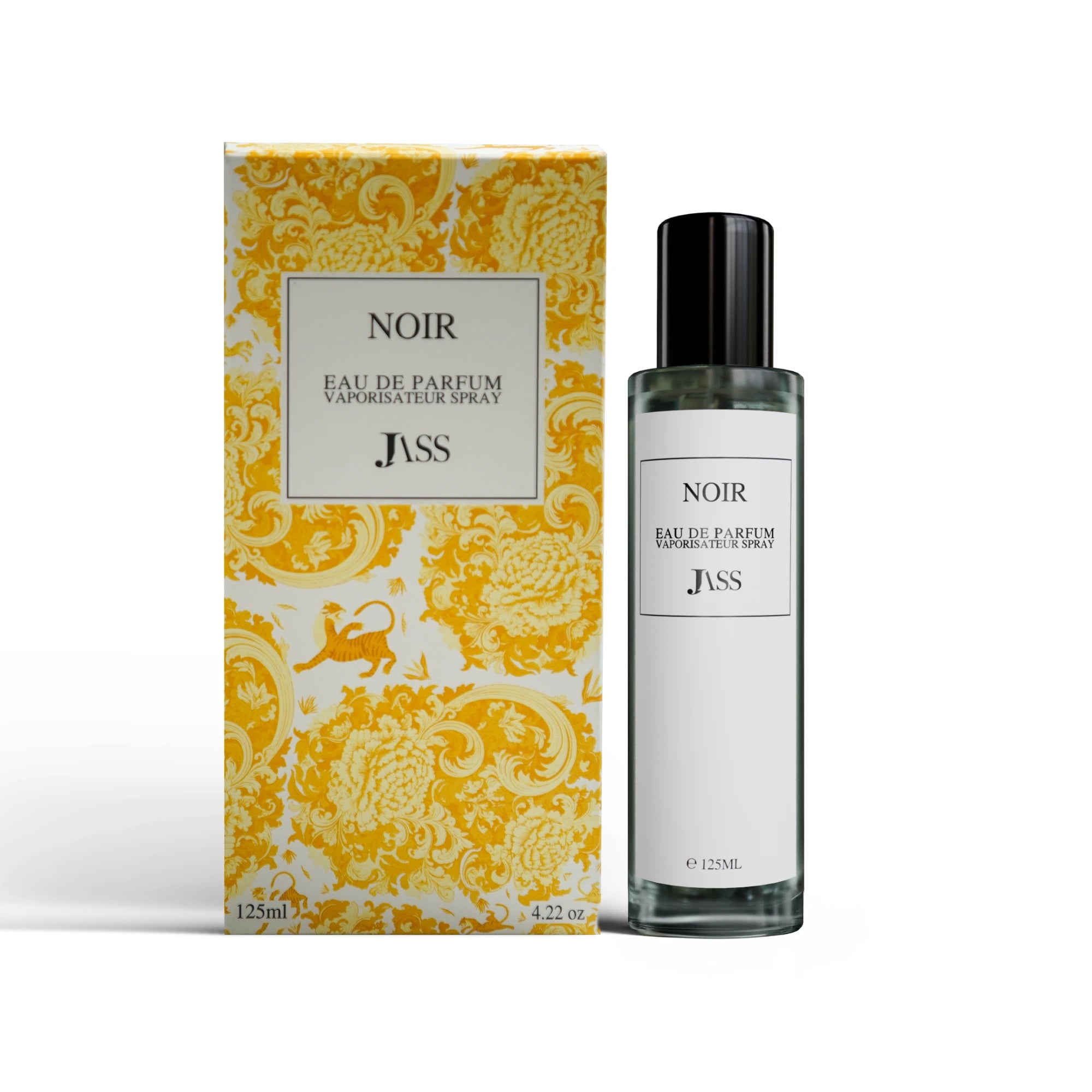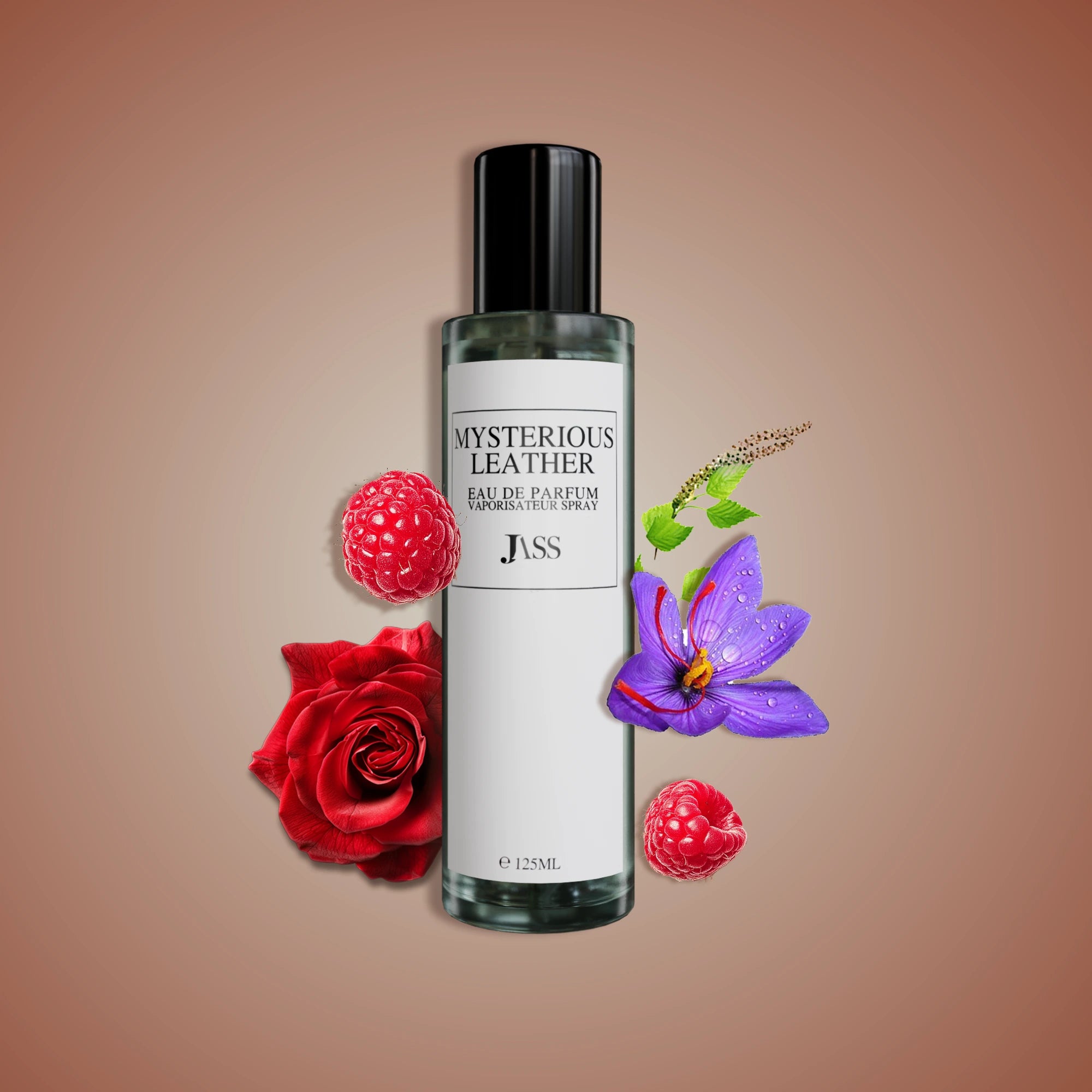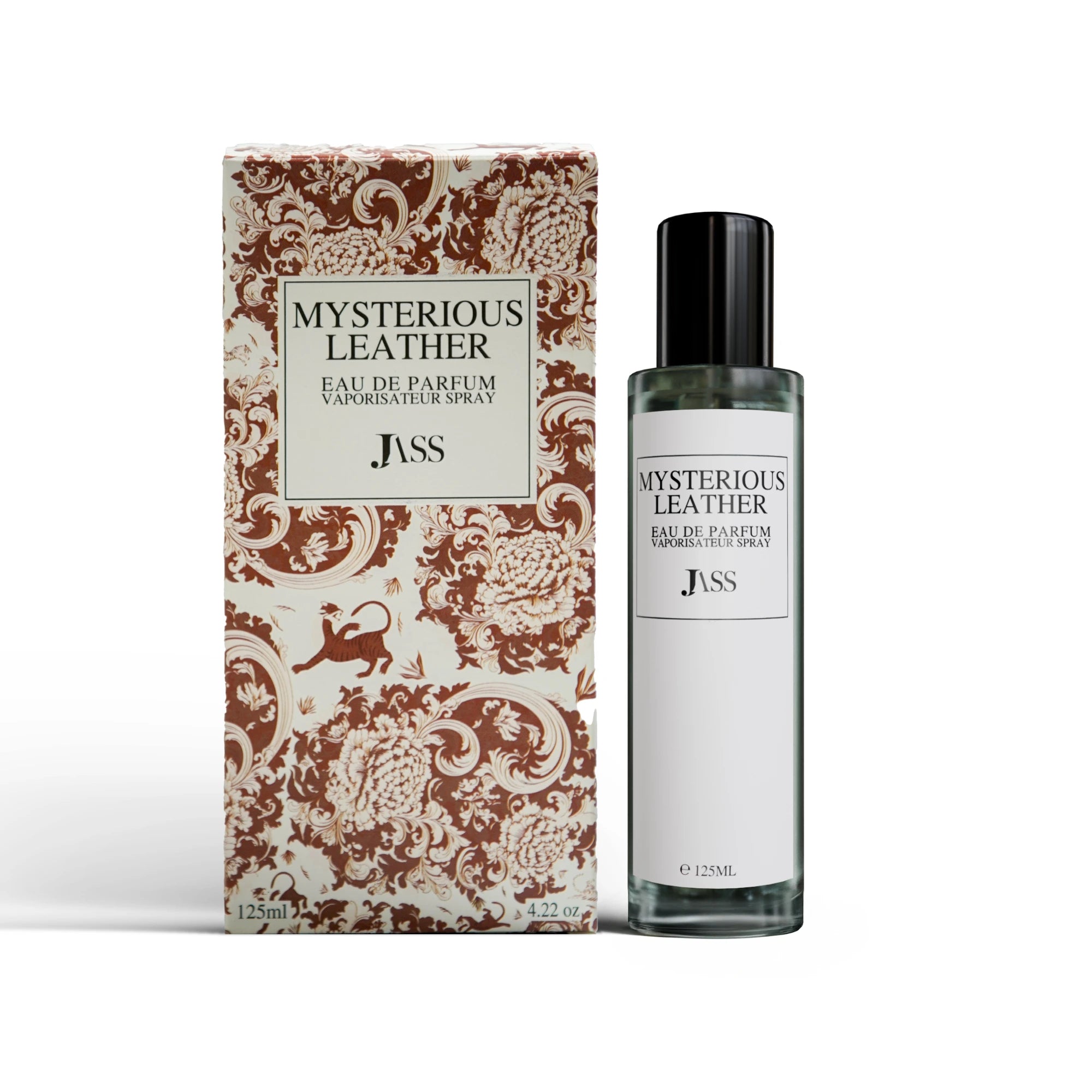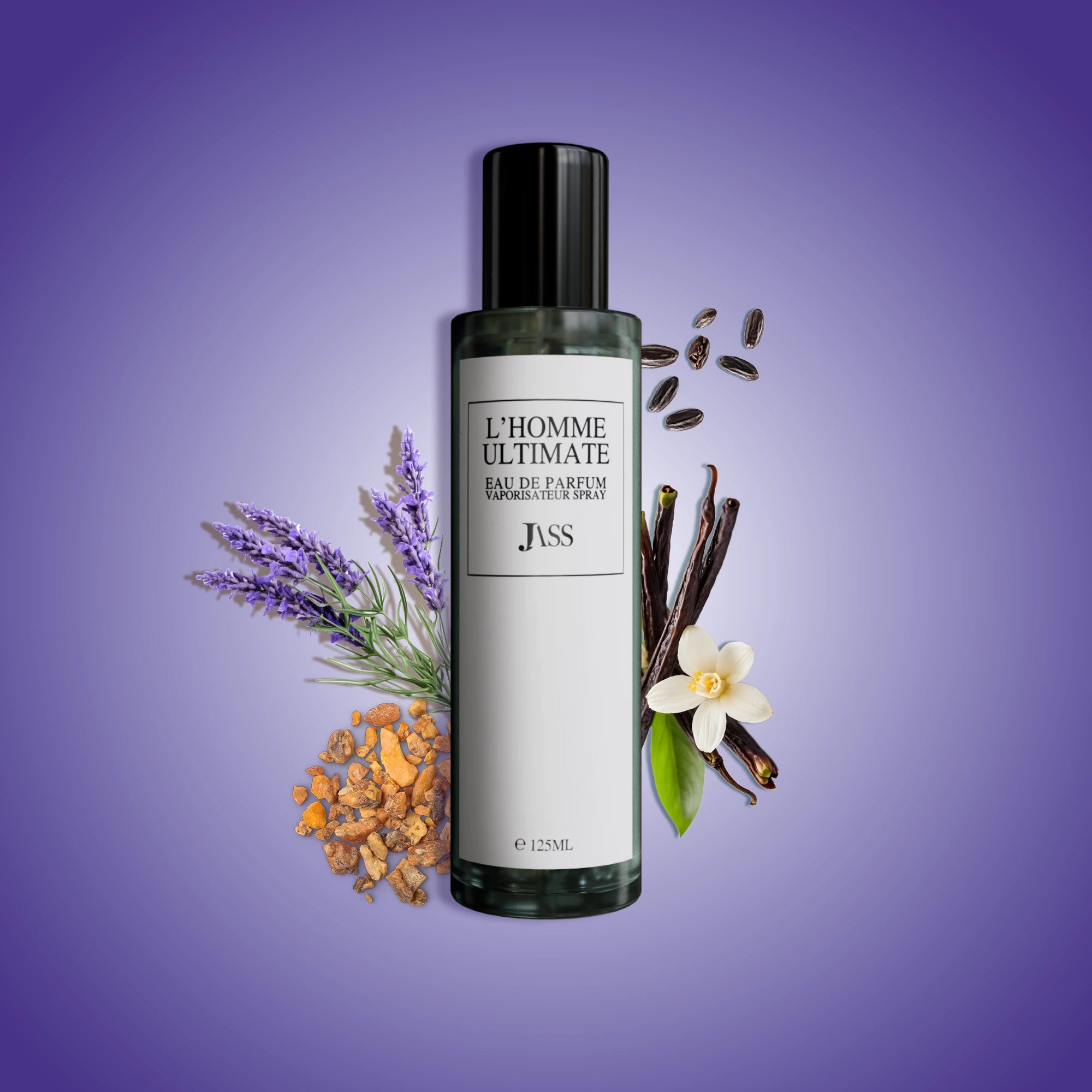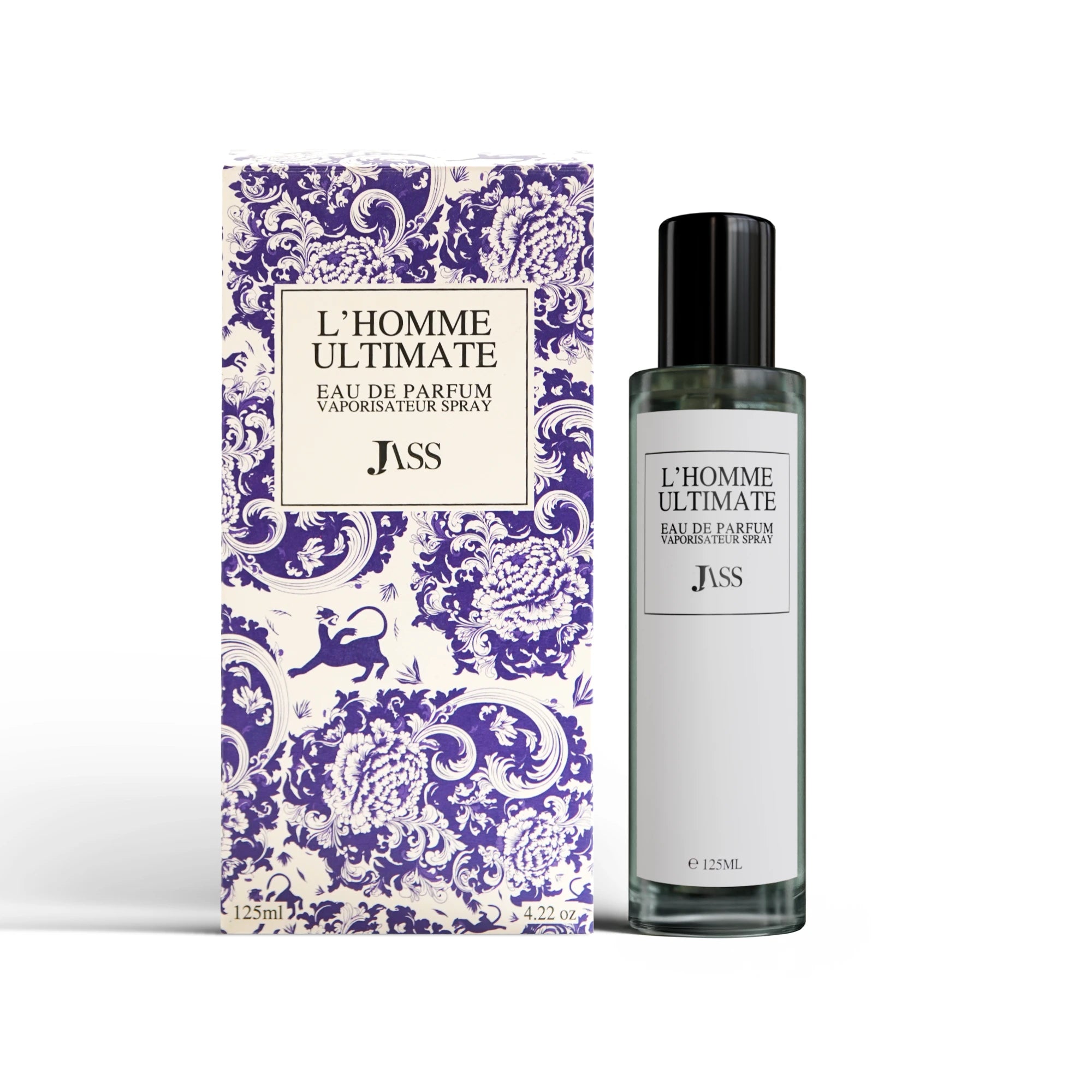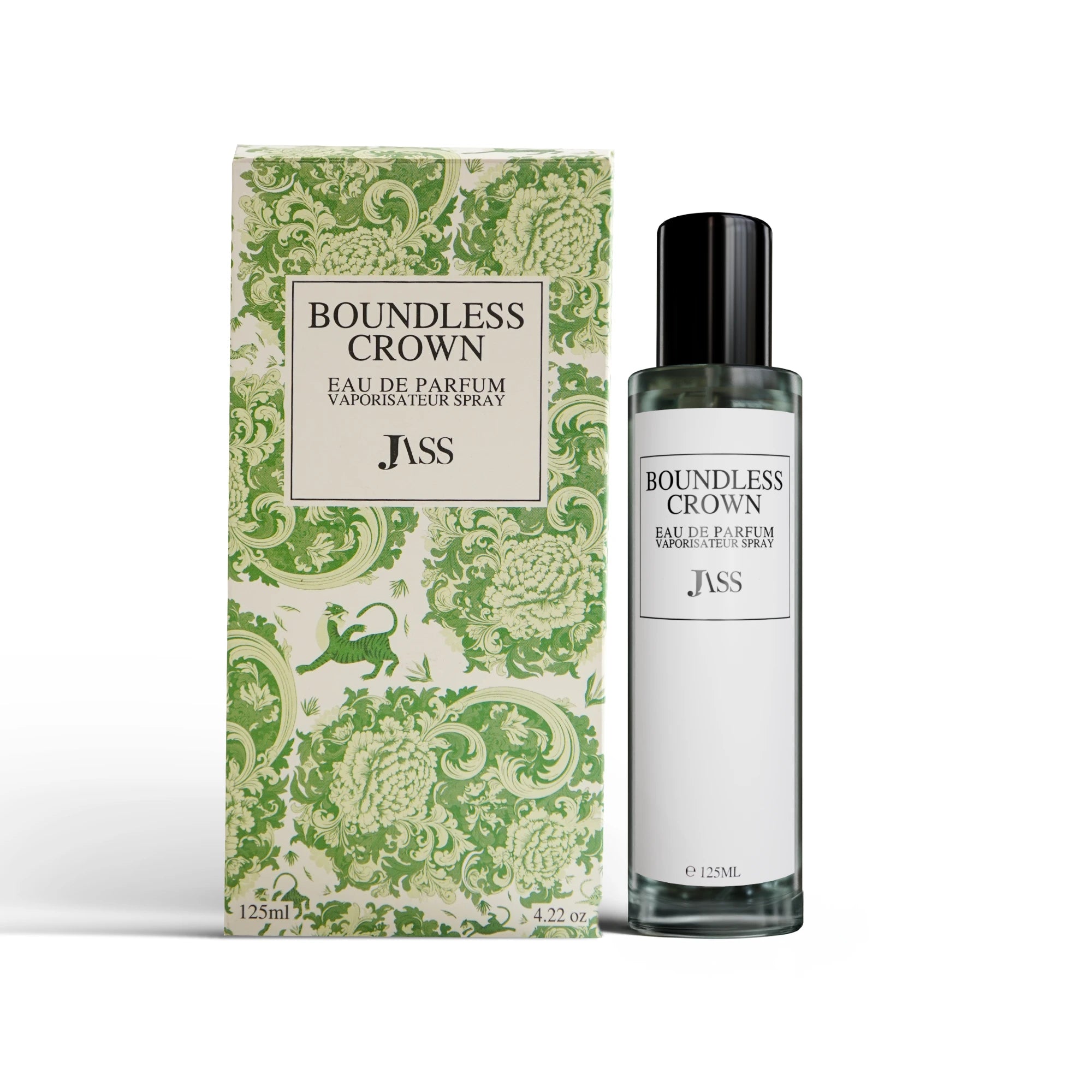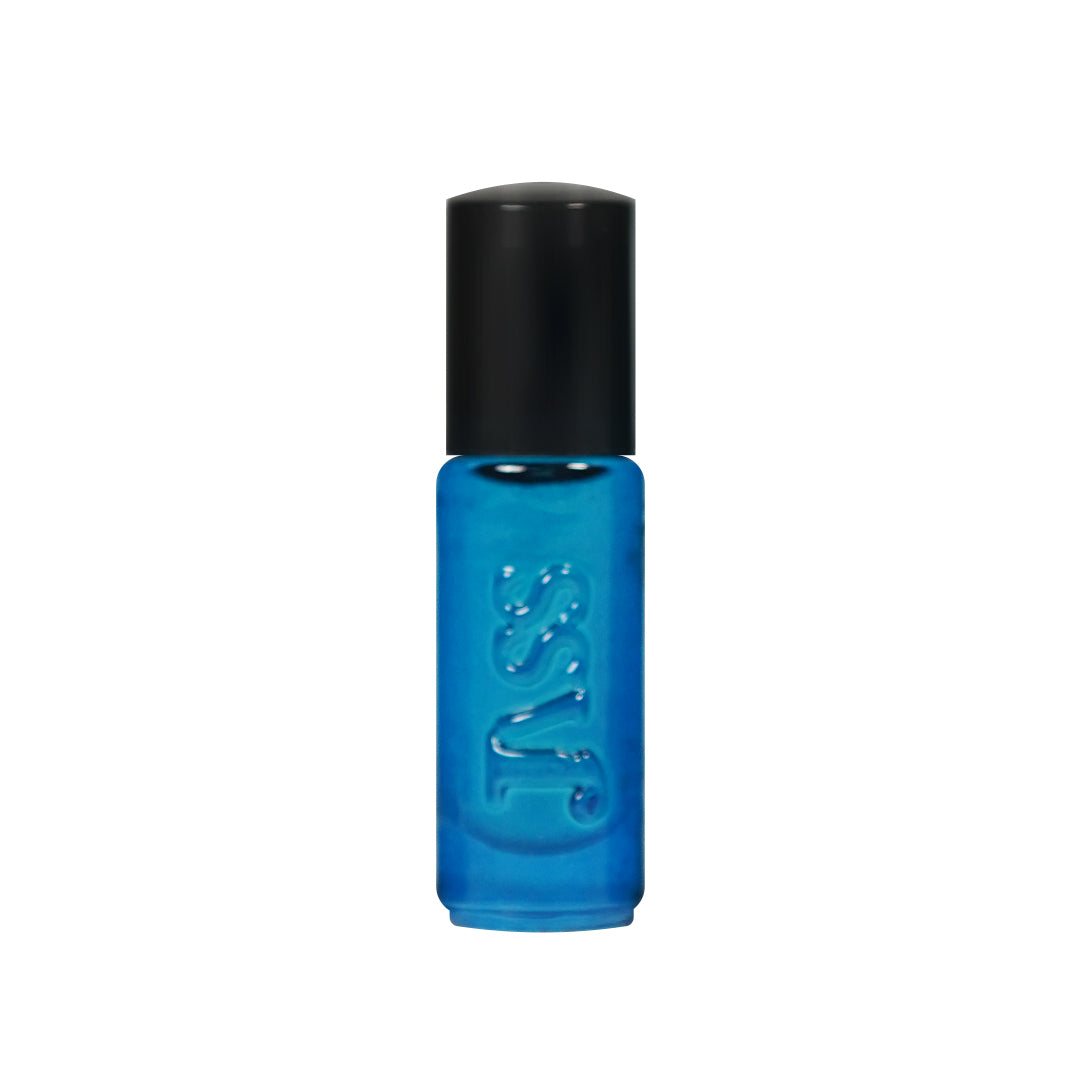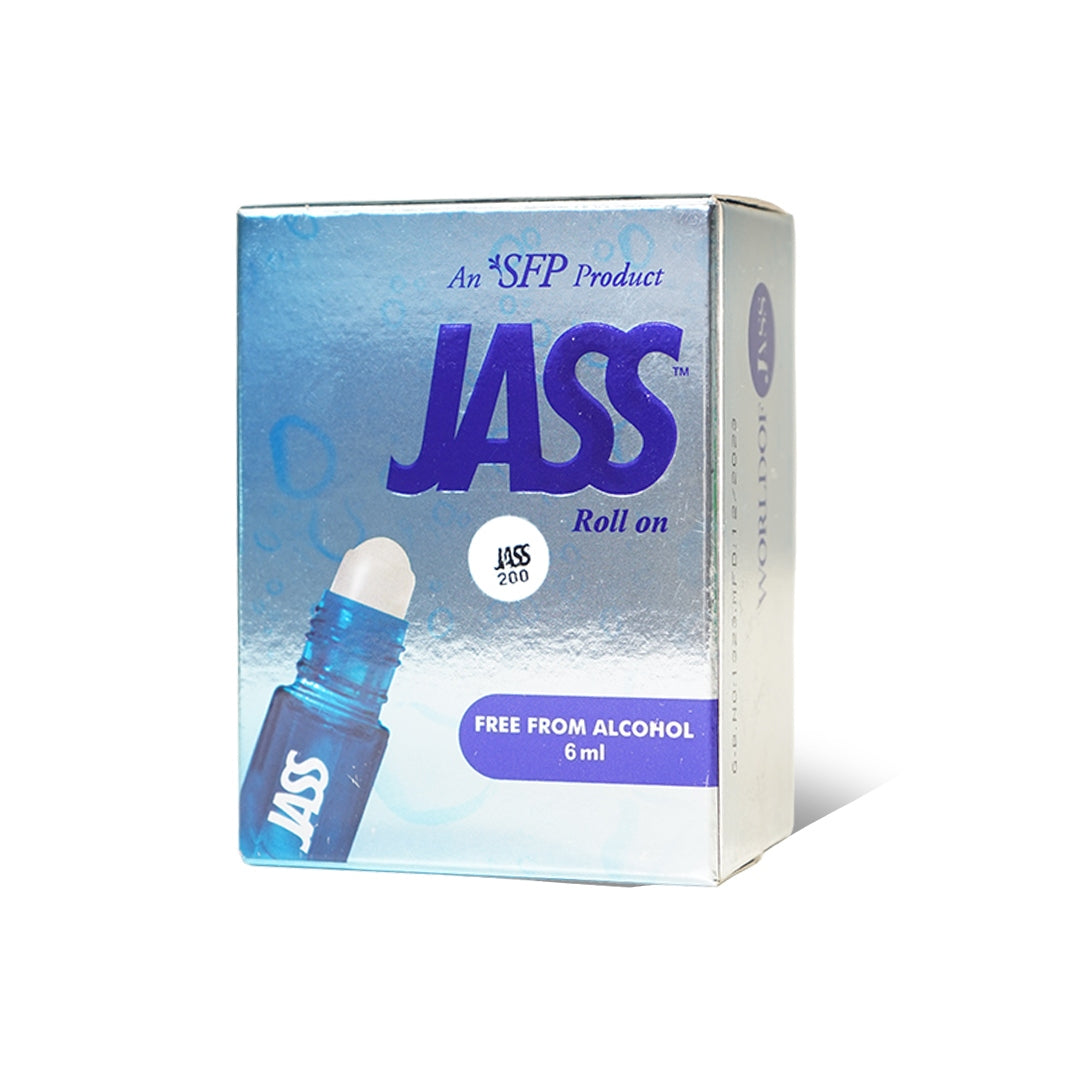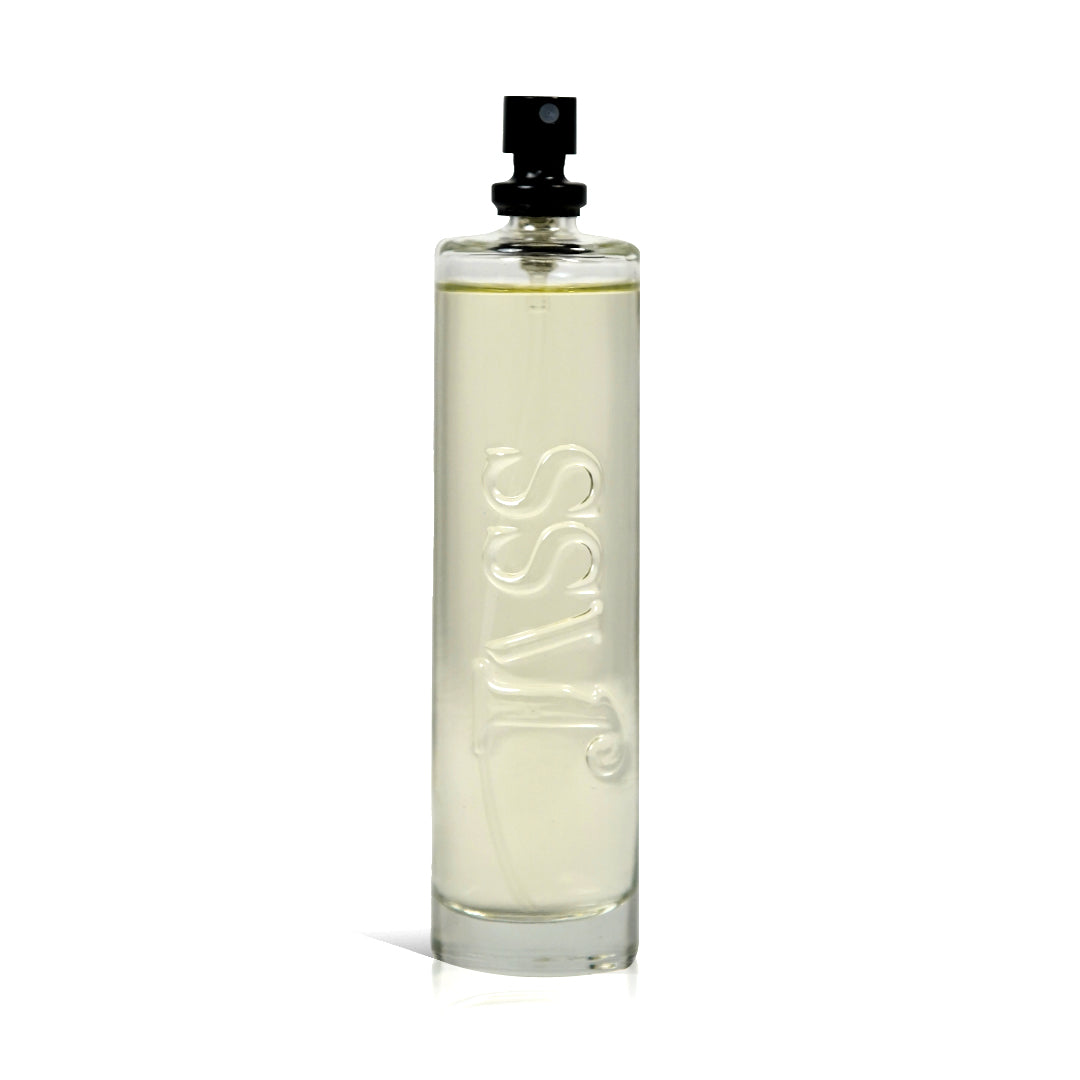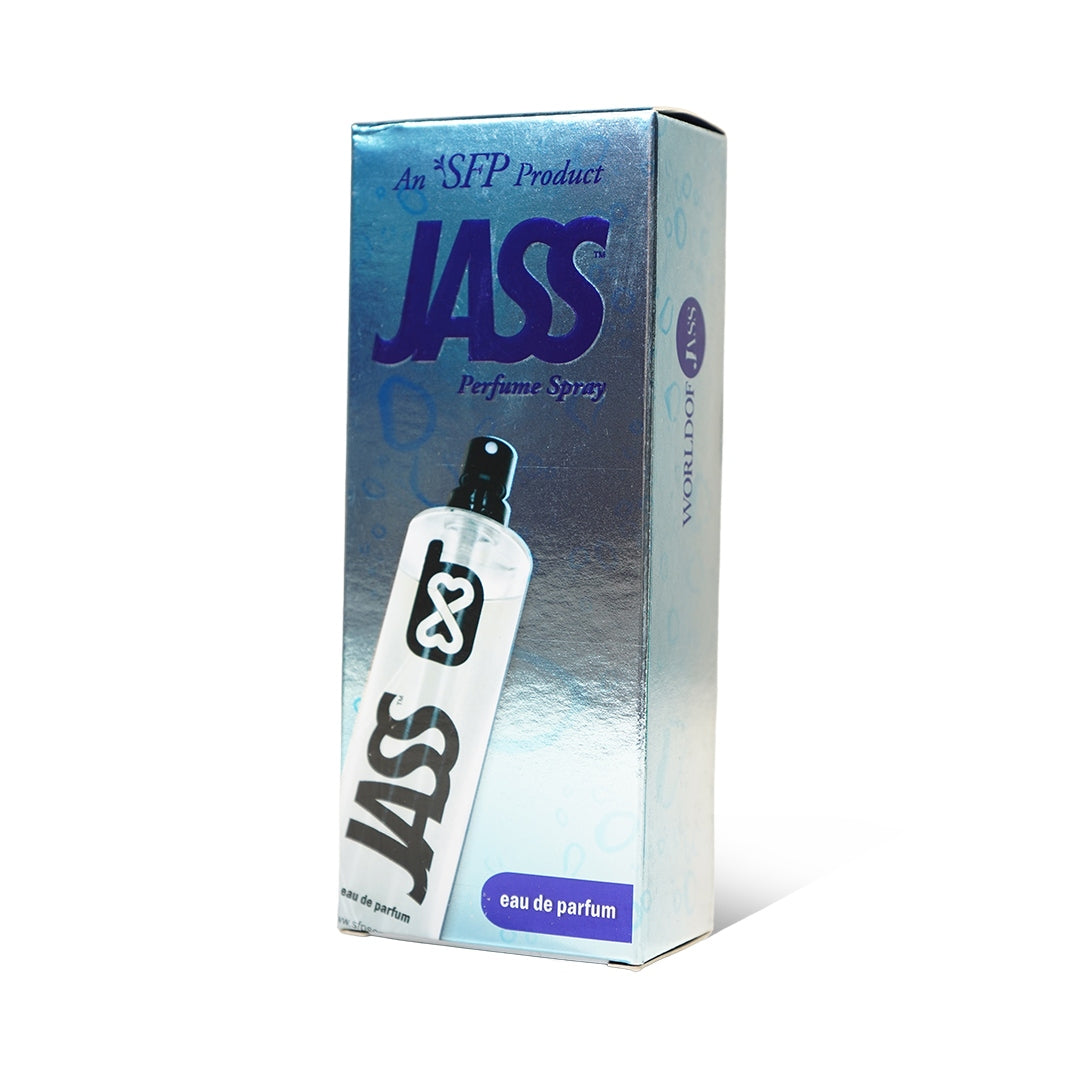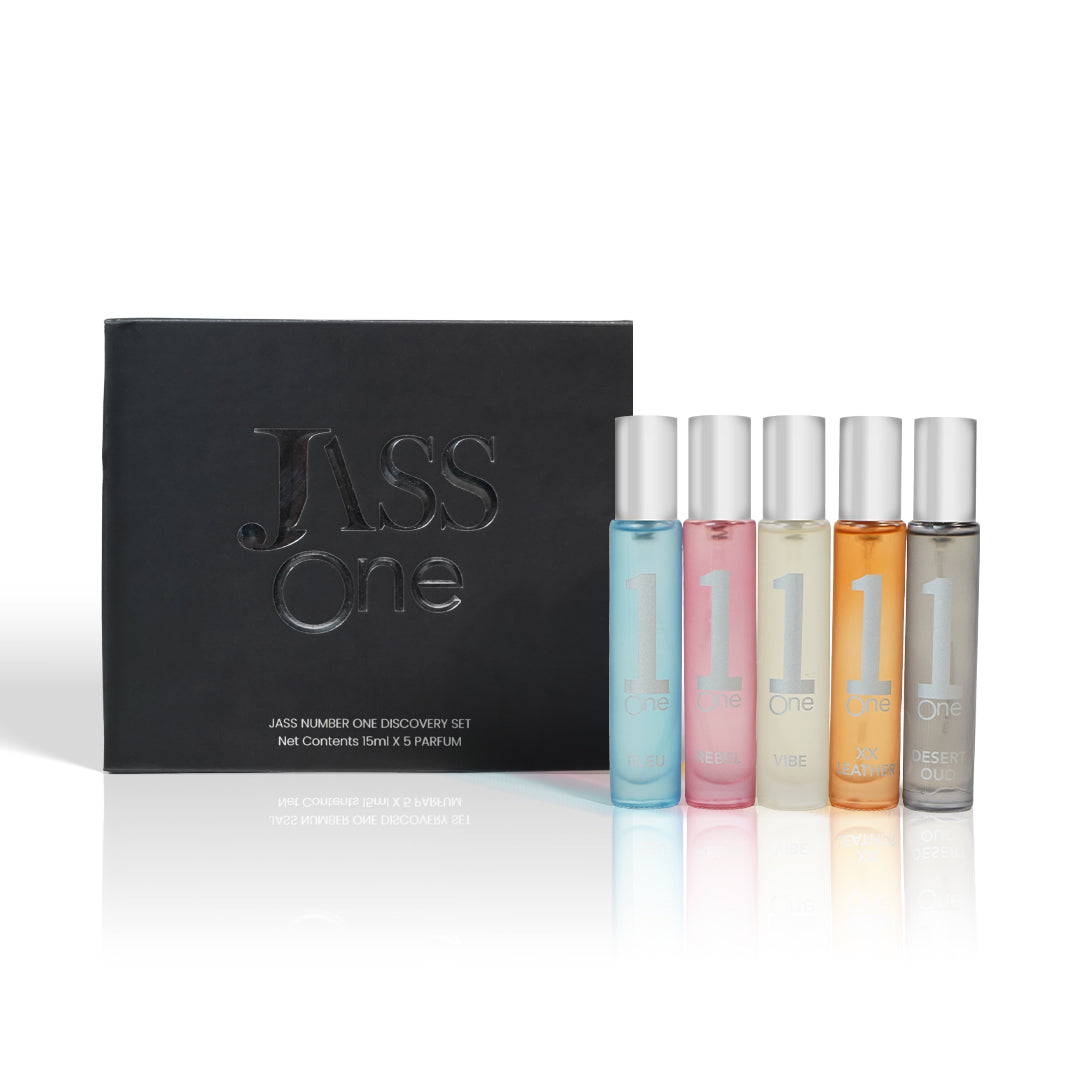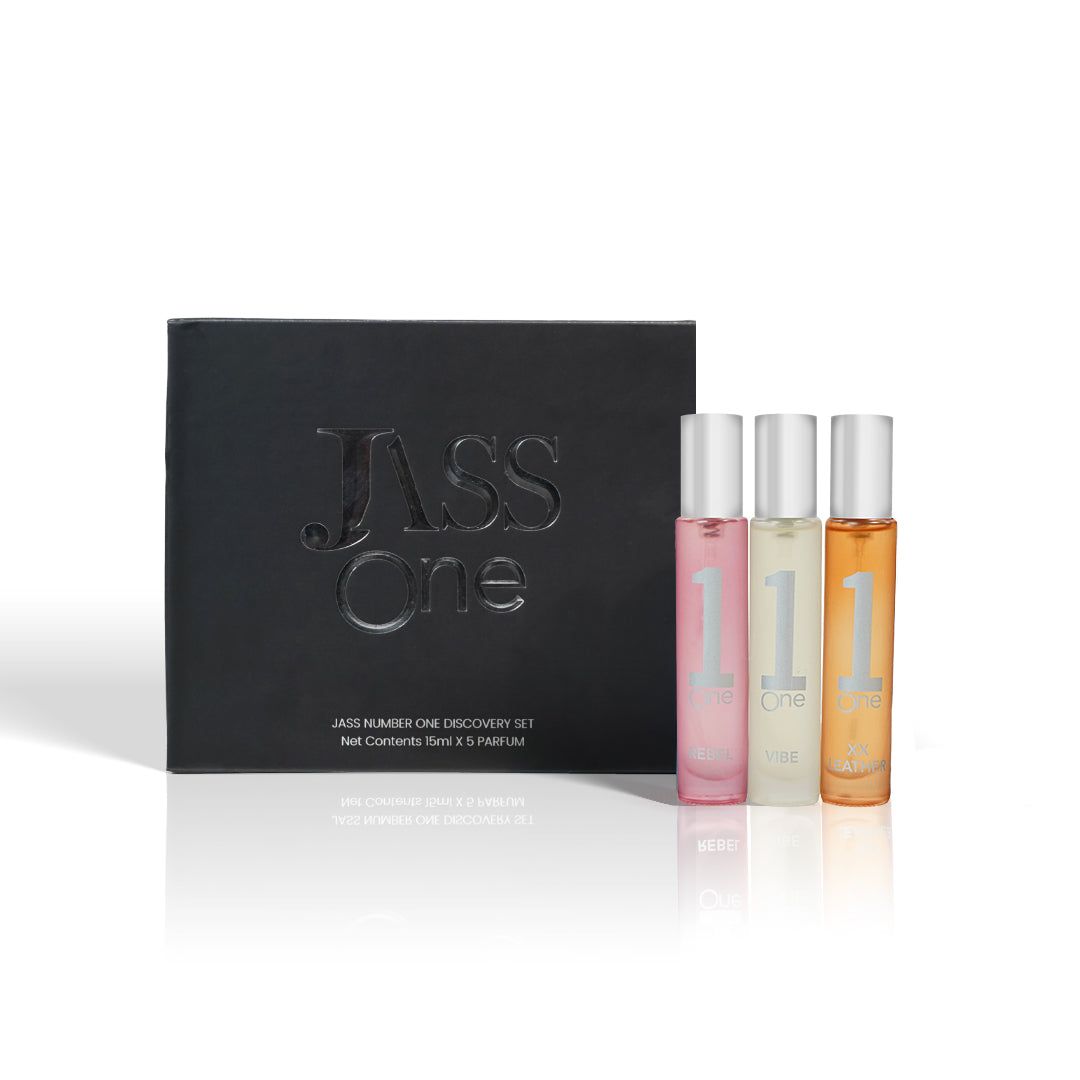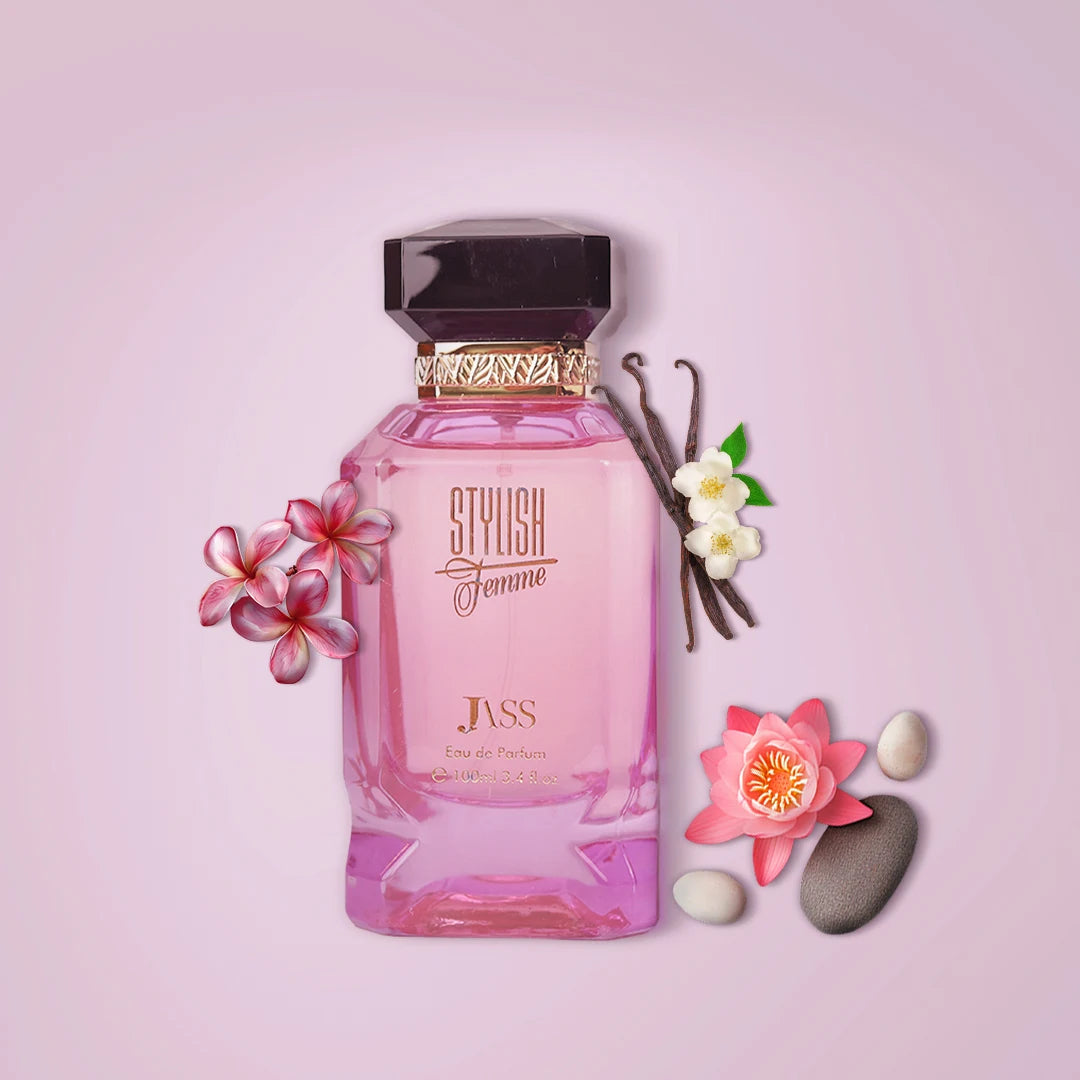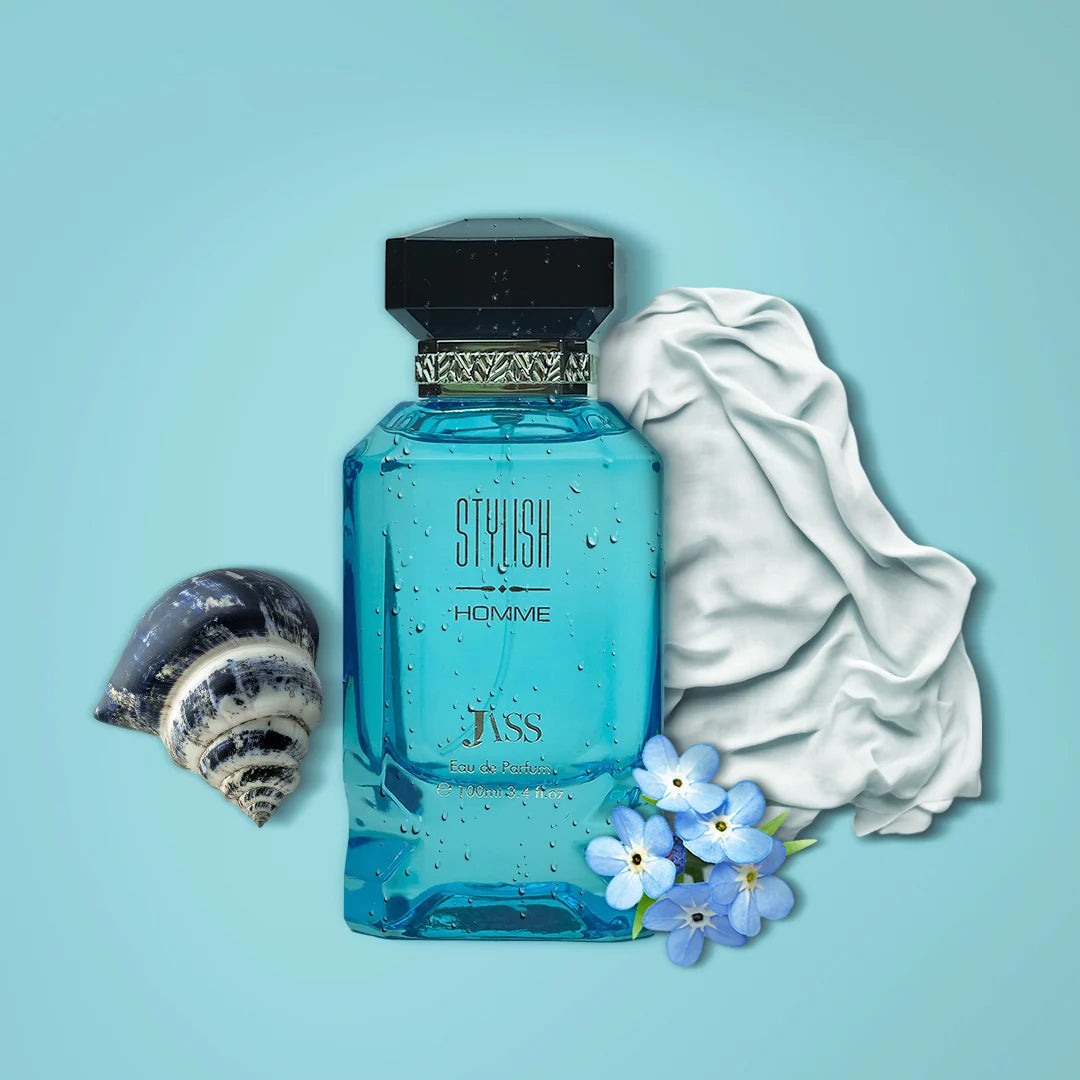
The Psychology of Smells: Why Some Perfumes Put You in a Good Mood

The Science of Scents: How Perfumes Influence Your Mood
Close your eyes for a second and recall the scent of rain on parched soil, the welcoming smell of your grandmother's kitchen, or the refreshing smell of fresh laundry on a warm day. Immediately, you feel something, tranquil, happiness, or even wistfulness. This is no accident. Our sense of smell has a deep emotional connection to memory, which is why some of those fragrances that put a smile on your face can immediately brighten up your day.
Perfumes and scents are far more than simply smelling good, they dig deep into the psychological realm. Whole studies are actually built around perfume psychology, as it explores how scent affects mood, behavior, and even choice. Let's explore the intriguing link between fragrance and mood, and uncover what makes certain perfumes so much more than the sum of their parts in making every day an extraordinary day.
The Science Behind Smell and Emotion
Our olfactory sense is hardwired into the limbic system, the region of the brain responsible for emotions, memory, and mood. Unlike sound or vision, which follow a more "logical" route through the brain, smell goes directly to the emotional hub. Which is why a sniff of jasmine can produce feelings of romance, or the scent of vanilla can bring comfort and warmth.
This direct link is why "mood-enhancing perfumes" are not mere marketing tricks, they're scientifically based on how our brain perceives smell. Each note in a scent, be it floral, woody, citrus, or musky, can evoke various moods. For instance:
Citrus notes (lemon, orange, bergamot): Invigorating and energizing, widely utilized in good mood perfume combinations.
Floral notes (rose, jasmine, lavender): Soothing, romantic, and relaxing.
Woody notes (sandalwood, oud, cedar): Meditative, sensual, grounding, ideal for deeper emotional equilibrium.
Sweet notes (vanilla, tonka bean): Cozy and comforting, evoking a sense of warmth and home.
Perfume Psychology: More Than Just Smell
Perfume psychology isn't so much a matter of liking or not liking a fragrance, it's a matter of how some scents affect behavior and mood. Research has proven that individuals who wear fragrances they love tend to feel more self-assured, more upbeat, and even more appealing. That's why perfume is sometimes referred to as an "invisible accessory", you can't see it, but you sense its strength all day.
Perfumes may be situational too. You might use a good mood perfume with cheerful citrus notes to boost the beginning of your working day and move on to a sensual oud mood perfume in the night for a sense of intrigue and seduction. This familiarity turns the fragrance into a personal statement, but also a psychological instrument to guide the way you feel at any given instant.
Scents That Make You Happy
When we're discussing scents that bring you joy, it's not a universal language. Happiness is extremely subjective and linked to memory. For some, the fragrance of roses creates unadulterated joy because they remind them of someone they love. For others, a woody, musky fragrance induces happiness by recalling grounding, soothing feelings.
Yet certain scents are universally known for their mood-boosting properties:
Citrus (orange, grapefruit, bergamot): These fragrances evoke sensations of freshness and energy, almost bottled sunlight.
Lavender: Reputed to reduce stress and encourage relaxation, lavender is also used in aromatherapy to rebalance.
Vanilla: Comforting and sweet, it frequently evokes childhood sweets and warmth.
Oud: This oriental and rich note is strongly earthy, often employed in oud mood perfumes for richness and emotional resonance.
The interesting thing is that these scents don't merely "smell nice"—they cause the release of neurotransmitters such as dopamine and serotonin, the same chemicals which control happiness and serenity within the brain.
Perfume as a Happiness Ritual
To some, perfume application is not just about grooming—it's a ritual. That little spritz in the morning or before the evening out tells the brain that you're ready to enter a specific mood or mindset. Just like dressing up in your favorite gear can give you confidence, the right perfume can establish the tone for your whole day.
Think about how you can incorporate mood-enhancing perfumes into your daily routine:
Morning pick-me-up: A citrus or mint-scented good mood fragrance to get you going.
Workday concentration: Light florals or herbaceous notes to soothe nerves and focus your mind.
Evening calm: A relaxing lavender or vanilla scent for unwinding.
Special events: Luxurious and sensual oud mood fragrance to leave a lasting emotional impression.
This ritualistic quality of perfume has its link to self-care. Consciously selecting a fragrance can make you more aware of your moods, enabling you to cope with the ups and downs of day-to-day life with greater poise and happiness.
The Role of Luxury and Craftsmanship
Behind each perfume bottle is the craftsmanship of combining notes into an emotional chord. A luxury body perfume manufacturer doesn't just blend ingredients— they create experiences. From the sourcing of pure oud to the proportioning of top, middle, and base notes with scientific precision, these producers know the psychology of fragrance at its core.
High-end perfumes tend to have higher proportions of natural essence and nuanced compositions, so they last longer and play more harmoniously with the natural chemistry of the body. This increases the psychological impact, and the wearer feels closer to the scent.
High-end perfumes also have a symbolic load—indulgence, attention, and self-love. Spraying on an upmarket fragrance isn't necessarily about smelling nice; it's about how it feels within you.
Finding Your Happy Scent
Learning your own scents that bring you joy can be a fulfilling quest. Here are some tips:
Try different sounds: Sample citrus, floral, woody, and oriental fragrances to find which speaks to your feelings.
Pay attention to your memories: See which scents evoke happy memories—those are your personal mood-boosting agents.
Play with layering: Occasionally blending two smells can create a personalized good mood perfume for you.
Trust your gut: If a scent puts a smile on your face right away, that's your mind indicating that it's a mood booster.
Keep in mind, happiness in scents is personal—what picks another person's mood up might not lift yours. The trick is to seek out and discover your emotional link.
Conclusion: The Invisible Power of Perfume
Perfume is more than a cosmetic add-on—it's the doorway to emotions, memory, and mood. Perfume psychology reveals how some mood-lifting perfumes can induce joy, soothe the nerves, or even give us confidence. From a citrus fruity good mood perfume, to a soothing lavender mix, to the intense, mystical mystery of an oud mood perfume, scents are able to shift the way we perceive ourselves and the world.
The next time you spray your signature scent, pay attention to the way your body and mind react. You'll probably find yourself thinking that perfume isn't merely something you put on—it's something you sense. And in sensing it, you'll discover the magic of why fragrances that bring you joy are worth more than any price.
